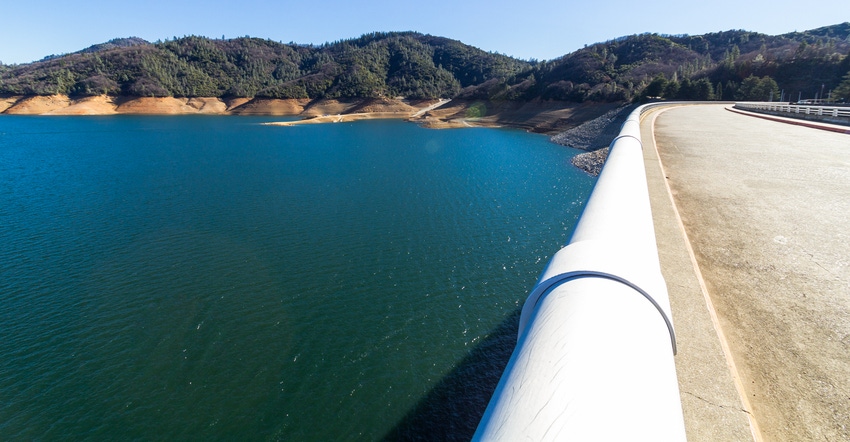April 17, 2018

News that the major water supplier for southern California will help fund California WaterFix and the Twin Tunnels heralded by Gov. Jerry Brown rippled quickly across the state. So too, did opinions on the matter.
Brown’s public reaction was short: “A historic decision that is good for California,” he called it. By a 2-1 margin, Metropolitan Water District board members voted to fund a majority stake in the $16.7 billion twin-tunnel project, according to the Sacramento Bee. The newspaper reports that MWD will contribute $10.8 billion to the project, with the idea that the district could sell a portion of the tunnel capacity to farmers to recover part of the district’s investment.
Gov. Brown’s recently-appointed chief for the Department of Water Resources likewise praised the decision, terming it “a clear demonstration that they see the public benefit and value in pursuing WaterFix.”
Others weren’t so pleased.
Food and Water Watch was “outraged” at the vote, calling it “a blank check.” Golden Gate Salmon Association said the decision will “saddle their ratepayers with up to $50 per month to subsidize water to almond growers in the western San Joaquin Valley.” The Bee reports that ratepayers could see a $4.80 monthly increase in their water bills, even if the MWD plan to sell water back to farmers fails.
Restore the Delta’s executive director promised lawsuits over the vote, a move sadly too common among environmental activists and detractors of sound public policy in California.
Forcing the issue of tunneling water under the Delta from the Sacramento River is just one of the consequences of poor public policy and legislative decisions that make moving water around California for human use difficult at best.
While farmers agree that the environment should have ample water, the various water projects that were built and paid for by farmers, to grow the food we need, no longer serves those ends, as the Endangered Species Act, Central Valley Project Improvement Act, and court-ordered biological opinions continue to siphon water away from California farms.
The loss of farm water across the state is now evident in fewer acres planted and falling farm real estate values. Land appraisers say some buyers are reluctant to pay top dollar for farmland they know will need to be idled for lack of water.
While Sacramento fails to make water sustainability a priority for the 40 million people who live in California, and federal restrictions limit the public use of water for farms and homes, MWD continues to show leadership by working to provide water to half the state’s population through projects that include storage.
Rather than wasting countless millions of dollars on lawsuits, failed fish restoration projects, and antagonistic campaigns that blame almond farmers for using water to grow their crop, perhaps the environmental community could instead devote its capital and energy to help provide sustainable and safe water for all of California — something we can all get behind.
You May Also Like




